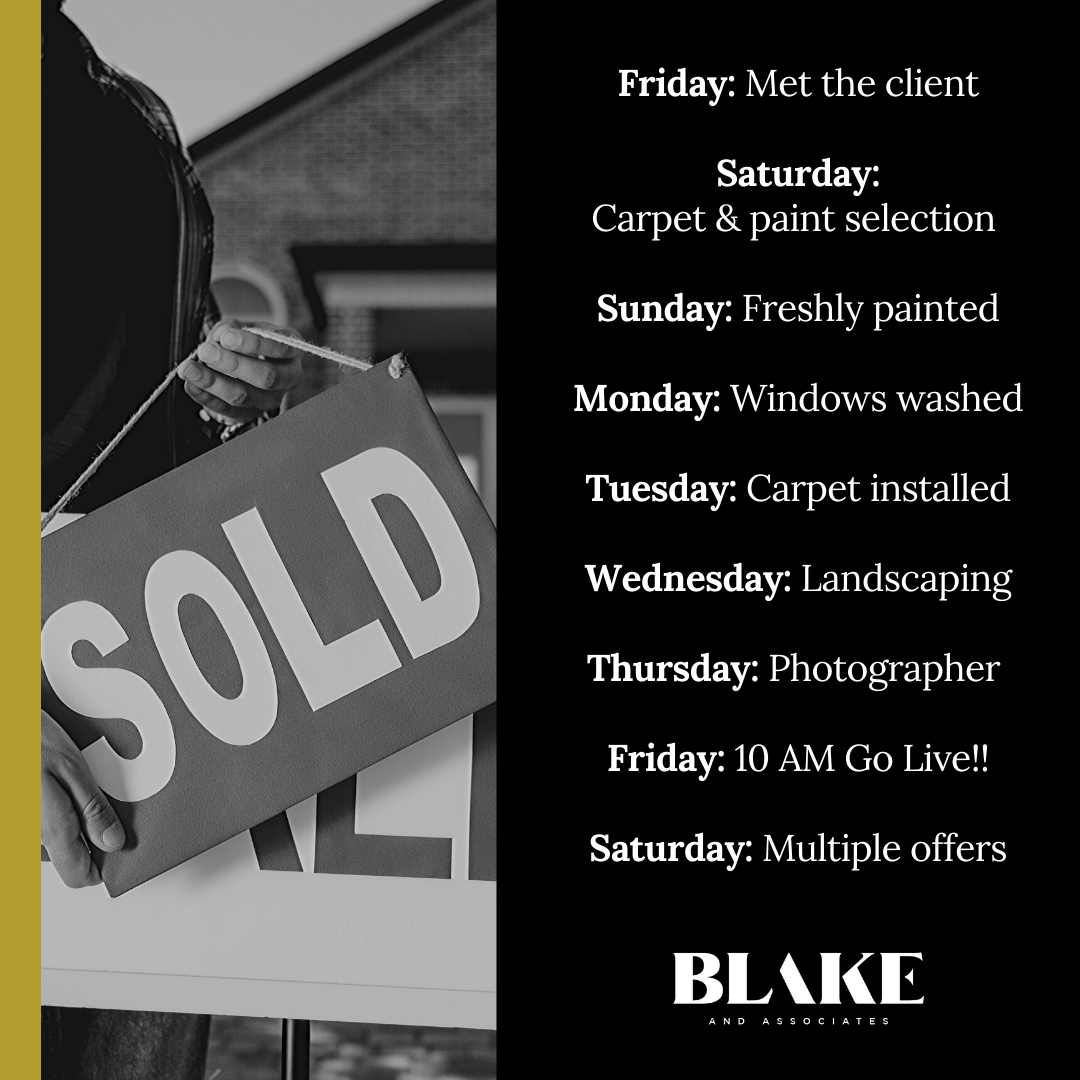Home Inspection Checklist: Which Inspections Should You Perform Before You Buy A House?
Buying or selling a home is a big step. It’s show-time for a homeowner and can feel like a field of landmines for a buyer. No matter how well the home is staged, or how picture-perfect the kitchen feels, there are so many systems and structures that need to work cohesively to keep your home feeling safe and secure. This is why I would never represent a buyer that is not willing to perform home inspections. You need a home inspection checklist to make sure you’re on track!
It is always best to be proactive, rather than reactive to a problem. It’s only going to save time, money and frustration, but how do you prioritize which home inspections you should have?
Home Inspection Checklist
Whole House Inspection:
Think of this as an aggressive test-drive of your new property. You can’t live in the house for all four seasons before you buy it, so this is the next best thing. During this inspection, you can expect a lot of things to be covered, but the big three this focuses on are the foundations, roof, and essential systems.
By ensuring that these three areas of the home are up to code, maintained well and fully functional, you’re doing everything in your power to avoid a major surprise expense in the near future.
It’s also likely that a whole home inspection will ensure the following are operating as intended:
- All the built-in or standalone major kitchen appliances. This includes the range, oven, garbage disposal, and dishwasher. They check the performance of the refrigerator and freezer.
- The entire heating and cooling system including everything from the central air heating or cooling to wall heaters and radiators.
- Electrical outlets for proper hookups and grounding.
- Any potential code violations.
- The age of the electrical system.
- A plumbing exam will check the water pressure and make certain that water lines are filling and draining. An inspector will flush the toilets, turn faucets on and look for signs of leaking under sinks or any signs of corrosion or rusting around pipes or drains.
- Quality of the workmanship such as sticky doors or windows painted shut.
- If the home has a fireplace or freestanding stove, the inspection will look for any signs of chimney maintenance concerns.
- Visibly cracked foundations, sagging beams, wood rot, uneven or sagging and spongy flooring.
Structural Inspection:
A structural home inspection is an incredibly thorough look at the home’s structure. This inspection generates a 4 to 5 page stamped report that details any under-floor crawlspace and attic, foundation, floor structure, wall structure, ceiling structure, and roof structure.

Pest Inspection:
A pest or termite inspection is typically required by lenders to ensure the home is free of termites or wood-destroying pests.
Radon Inspection:
Radon is a radioactive gas found in the soil around every home or building. It’s naturally occurring so don’t let the word “radioactive” scare you too much!
The structure does not have to have a basement to have a hazardous radon condition. Radon emanates from the soil. It is a common problem in the Kansas City area.
The odorless gas can enter a home through cracks in concrete walls or the foundation, through sump pumps, from gaps or open spaces around pipes, or even in the water. Radon accumulates in a structure where it can reach dangerous levels and become a serious health issue. Danger levels varies from region to region. The danger level is 4.0 in Kansas City. This test takes a little time to complete as the charcoal canister used for the test remains in place for 48 hours.

Mold Inspection:
If the whole house inspection finds any obvious signs of mold, complete a thorough mold inspection for about $200. Mold issues can lie in the variation, the mold extent, and the source or reason for its existence. The mold may be black mold, green mold, or white mold and each variant can come with it’s own concern or health risk. A mold inspection will determine the type and extent of mold and how it can be mitigated.
Sewer Lines or Septic Tank Inspection:
A sewer line inspection identifies any pending or looming problem. This will save thousands of dollars in the long run. General wear and tear, and tree roots can compromise the sewer lines. Construction buries sewer lines underground. This is like an endoscopy for home! A sewer camera searches for breaches in the lines.
If the property has a septic tank, most municipalities will require that it is inspected prior to a change in home ownership. In order for the septic tank to be inspected, it has to first be located, the lid has to be removed, and a separate septic tank inspector needs to be hired.
Roof Inspection:
This inspection will include checking for roof layering, missing or curling shingles, tree limbs or other debris on the roof, flashing peeling, holes in the roof, sagging gutters, and wet ceilings. Home insurance requirements will not allow multiple roof layering and will require a roof replacement. The inspection will state an estimated roof life expectancy.
Chimney Inspection:
If the full house inspection notes any problems with a fireplace or chimney, order a chimney inspection for about $150. The chimney inspector will run a camera through the main flue and the utility flue. Chimney fires can make loud crackling noises or they may slowly and silently burn without your knowledge. Parts of your home other than the chimney can ignite. Whether the home is old or new, complete a chimney inspection.

Pool Inspection:
So many buyers dream of their own swimming pool for those hot summer days, but the maintenance and repairs can become a nightmare for the unprepared! This inspection will examine the filter and pump, find any cracks in the tank, any liner tears, unsafe diving boards, faulty or fencing code violations, alarm issues, or pool covering problems.






